Benefits of Undergoing Advanced Appendicitis Surgery in Pune
Laparoscopic surgery for appendix removal or laparoscopic appendectomy is performed under general anesthesia, which means that the patient would be asleep while the surgery is performed. In laparoscopic surgery for appendix removal, a laparoscopic surgeon makes 2-3 small incisions near the belly button and inserts a port which creates an opening and fills the abdomen with gas. Since the abdomen is inflated with gas, the surgeon gets space to perform the surgery well. The surgeon then inserts a laparoscope that has a tiny camera attached to it inside the abdomen. The camera guides the surgeon to view inside the abdomen, which the surgeon can see on a monitor. The surgeon locates the appendix and removes it through one of the incisions.
The results of a laparoscopic appendectomy may vary from one person to another depending on several factors. But, in general, this procedure is considered to be the safest of all forms of surgical treatment for the removal of an appendix. Benefits of laparoscopic surgical removal of appendix include:
- A shorter time in the hospital
- Getting back to normal activity faster
- Less pain after post-surgery
- Nil to very few surgical scars
- Get back to normal bowel movements sooner
- Fewer chances of infection
- A faster recovery duration
Book an appointment with the best appendicitis doctor in Pune at Pristyn Care
There are three easy ways to book an appointment with the best doctor to get rid of painful symptoms of appendicitis:
- Call the number mentioned on the page to speak to our medical coordinator directly to get complete assistance regarding appendicitis treatment.
- Fill in the form given on the page; Book Your Appointment with the required details. Our medical coordinator will call you at the earliest to provide you with all the necessary information about appendicitis treatment.
- You can also book an online consultation with our best and highly experienced doctor in Pune for appendicitis treatment by downloading Pristyn Care’s mobile application.
How is laparoscopic appendectomy better than open appendectomy?
Open appendectomy is the traditional approach that is performed through an incision of about 5cm or 2 inches on the right side of the lower abdominal wall. Laparoscopic appendectomy is a modern procedure that is performed through multiple small-sized incisions, each of about 1 cm or 1/2 inch.
While open appendix surgery is highly invasive, laparoscopic appendix surgery is minimally invasive and has the following advantages over the traditional approach.
- Tiny scars with less tissue cutting
- Reduced post-surgical pain
- Reduced risk of wound infection
- Shorter hospital stay
- Quicker return to normal activities
- Higher success rate
- Minimal restrictions on diet
- Faster recovery
Open and laparoscopic appendectomy has several risks and complications. But it is up to the surgeon to choose the best technique for the patient. In most cases, a patient prefers to undergo laparoscopic appendix removal surgery. However, in some cases, especially when the appendix is infected, the doctor may have to use the open surgical technique to carry out the procedure safely.
Post-Surgery Care After Appendectomy
Whether you’ve had open appendicitis surgery or laparoscopic surgery, you will have to follow the doctor’s instructions to take care of the wound and overall health. You will have to follow the tips below:
- Take a bland diet in the next few days after having an appendectomy. Advance gradually and start eating usual food only if your body allows it.
- You may experience constipation for a few days after surgery due to heavy pain medications. Most patients don’t have bowel movements up to 3 days after surgery. Therefore, the doctor may prescribe stool softeners or laxatives to help prevent constipation.
- Pain is natural after a surgical procedure. Therefore, the doctor will prescribe some pain medications as well as anti-inflammatory and antibiotic medicines.
- Usually, dissolvable sutures are used to close the wound. However, in some cases, stitches may be used. In both scenarios, keep the wound clean and dry. Make sure that you don’t soak in hot tubs or swim as it can cause irritation or infection in the wound.
- You can take a bath the day after the surgery, but don’t let the incisions get wet.
- Avoid driving until the doctor gives you permission.
- Limit your physical activities and make sure that you don’t lift heavy weights for at least two weeks after surgery.
- Wear loose and comfortable clothes that give you freedom of movement and don’t rub against the wound.
- Visit the doctor for post-surgery follow-ups whenever required or as suggested by the doctor.
How to prevent appendicitis?
Generally, there is no assured way to prevent appendicitis from occurring except for diet control. By choosing the right food and a balanced diet, you will be able to keep your digestive tract healthy and prevent the appendix from becoming inflamed.
Foods You Should Eat:
All foods that are rich in fiber help to prevent appendicitis. These foods include:
- Oats or wheat gram for breakfast
- Whole wheat flour
- Brown rice
- Fresh fruits
Foods You Should Avoid:
Here are the food items that can increase your risk of appendicitis:
- Fried foods that are fatty and irritate the digestive system.
- Alcohol as it harms the liver and affects digestion.
- Processed foods, such as meat or frozen food items.
- Baked goods, including cakes, pastries, cookies, etc.
- Excess of sugar
List of Appendicitis Doctors in Pune
| 1 | Dr. Shashank Subhashchandra Shah | 61837 | 4.8 | 36 + Years | Pristyn Care LOC Hospital, Vijayanagar Colony, Pune | Book Appointment |
| 2 | Dr. Sushilkumar Kharat | 2004082892 | 4.5 | 20 + Years | Pristyn Care LOC Hospital, Vijayanagar Colony, Pune | Book Appointment |
| 3 | Dr. Chaudhari Abhishek Vaijanath | 2019010002 | 4.5 | 7 + Years | Pristyn Care LOC Hospital, Vijayanagar Colony, Pune | Book Appointment |
| 4 | Dr. Kundan Ashok Kharde | 2013113384 | 4.5 | 18 + Years | Vishal Nagar, Pimple Nilakh, Pimpri-Chinchwad | Book Appointment |
| 5 | Dr. Banasode Sunil Bhairu | MMC20250058703 | 4.5 | 14 + Years | Malwadi Rd, near Mahalaxmi Mandir, Hadapsar | Book Appointment |
| 6 | Dr. Parag Nawalkar | 2019/04/1497 | 4.8 | 14 + Years | 1st Floor, Sakhai Plaza, DP Rd, Kothrud, Pune, | Book Appointment |
| 7 | Dr. Mahesh Bhausaheb Sinnarkar | 77495 | 4.5 | 29 + Years | Balaji nagar, Satara Rd, Dhankawadi, Pune | Book Appointment |
| 8 | Dr. Parmeshwar Babulal Bambrule | 2021/08/7209 | 4.5 | 13 + Years | -- | Book Appointment |
| 9 | Dr. Mohd Azharuddin Azim Attar | 2015030993 | 4.5 | 10 + Years | Municipal Corp, Survey No. 35, Pimpri Chinchwad | Book Appointment |








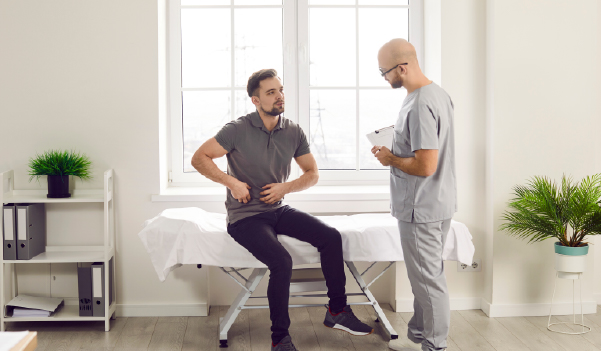
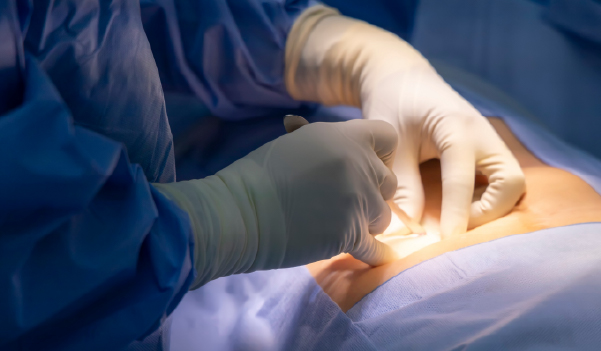
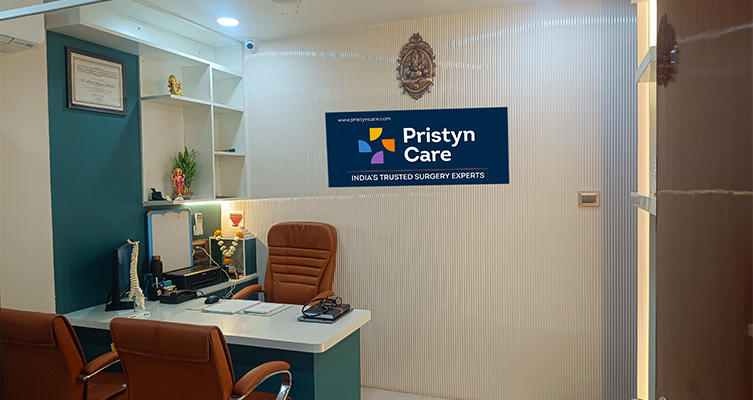



Pristyncare%20Clinic.webp)
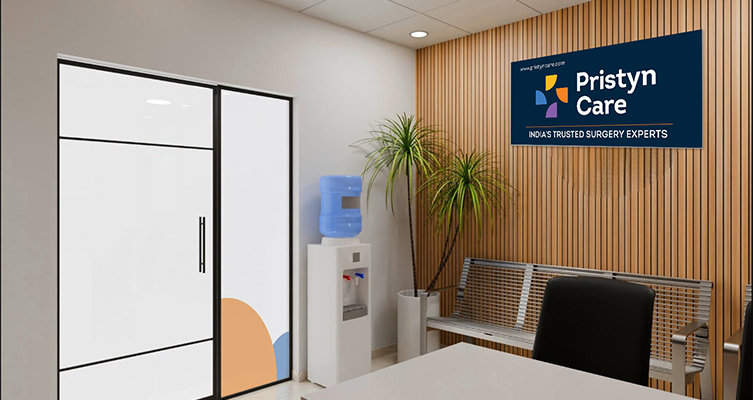
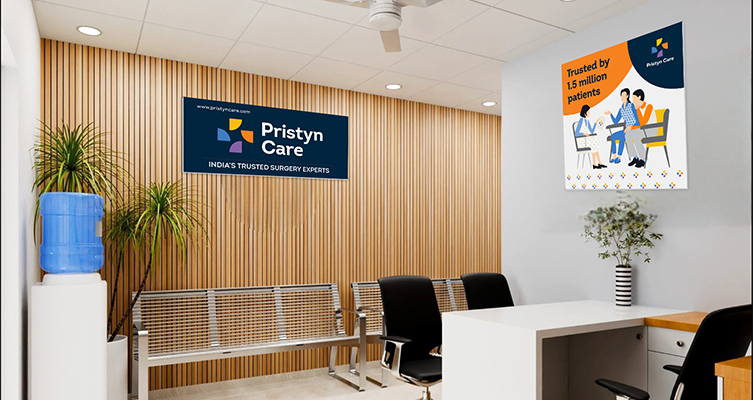
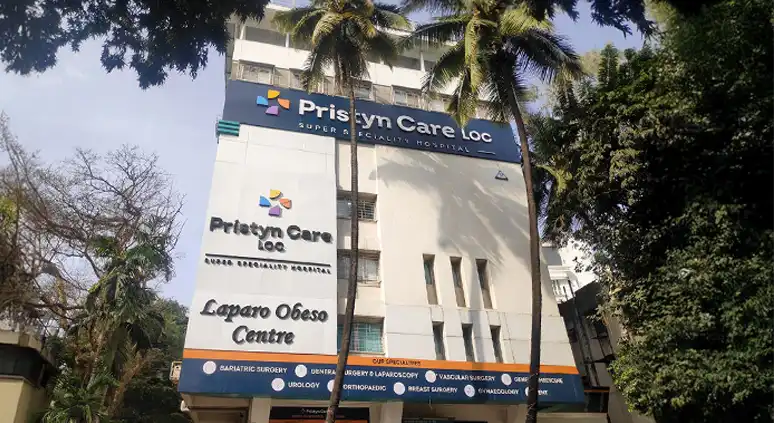



.svg)









